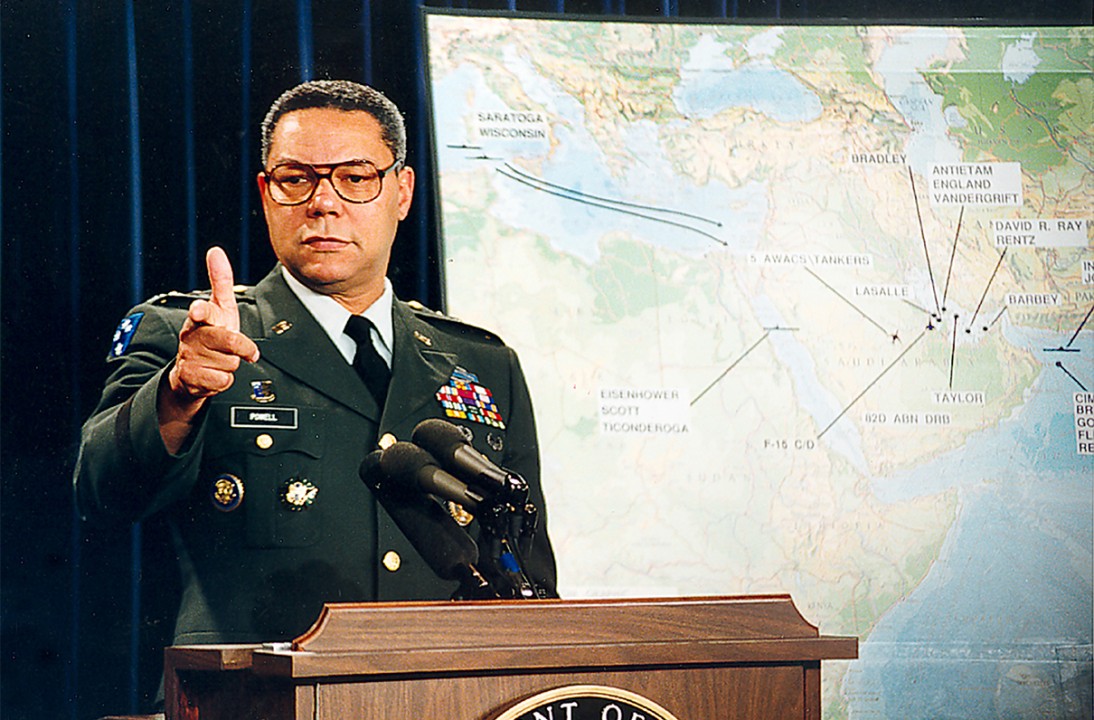
- Published on October 7, 2020
By: Mac McIntire President, Innovative Management Group
I recently came across an article in my files from the October 1995 Reader’s Digest where former Army Chief of Staff, Colin Powell, outlined six “rules” of leadership he discovered while in the military.
First, Make the Difficult Decisions. “Being in charge, he says, means making decisions, no matter how painful.” In today’s businesses, we need leaders who will do what is right, even if it is politically painful. “If it’s broke fix it. A leader cannot allow the majority to suffer under a bad situation to spare the feelings of an individual, or an organization.”
Second, Don’t Punish Every Mistake. “Nobody ever got to the top without slipping up. When somebody stumbles,” Powell explains, ”I don’t believe in stomping on him. My philosophy is: pick ‘em up, dust ‘em off, and get ‘em moving again.”
Third, Have Clear Objectives. The Vietnam war was a perfect example of the failure that can occur when the objectives are not clear. “Leaders must establish clear, achievable objectives and apply the means to accomplish those objectives,” Powell says, “or they are just wasting time, resources, and, tragically, lives.”
Fourth, Make Your Team Feel Important. “Find ways to reach down and touch everyone in a unit. Make individuals feel important and part of something larger than themselves.”
Fifth, Be Skeptical of Experts. “Don’t be buffaloed by experts,” Powell warns. “They often possess more data than judgment.” As I have often said, too many organizations rely on external consultants when they have the abilities and experience within their own employees. Use the talents within your company first. Then look outside for additional support.
And finally, Never Beat Down Enthusiasm. When employees get excited about something, get out of their way, and let them do it. You’ll be surprised at how much they can accomplish when they’re excited. “Enthusiasm can overpower incredible obstacles,” Powell says.
“During my years in the field, I learned what makes American soldiers tick,” Powell explains. “They will gripe about being driven to high performance. They will swear they would rather be somewhere else. But at the end of the day, they always ask proudly, ‘How’d we do.’
“Americans love to win. They respect leaders who hold them to high standards and take them to the limit — as long as they see a worthwhile objective.”
